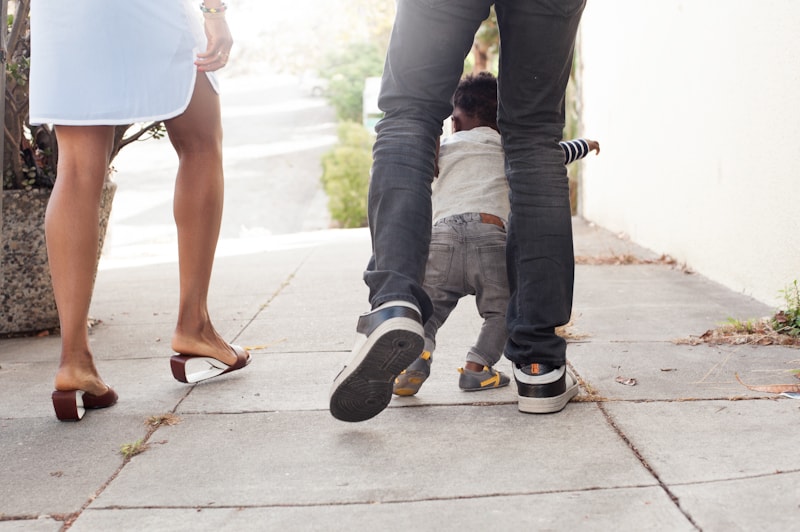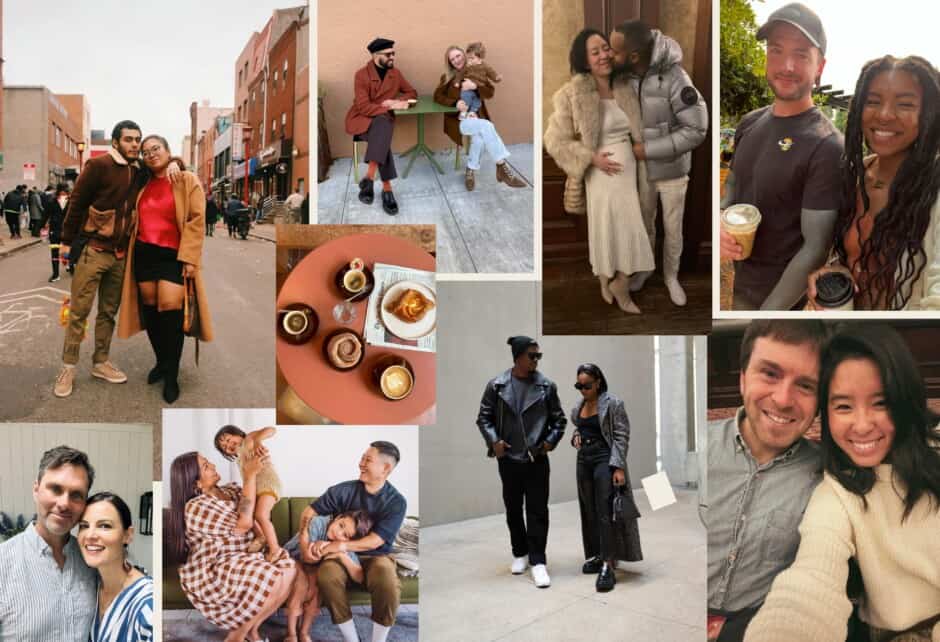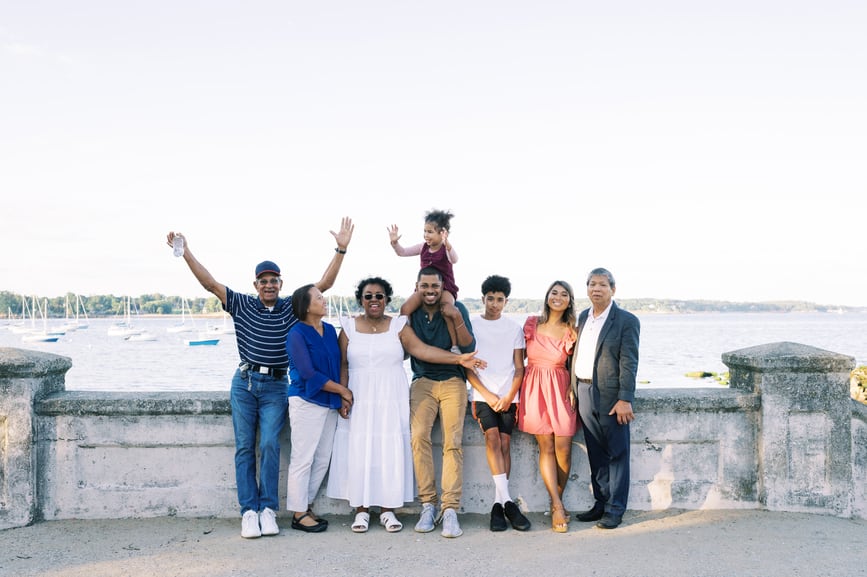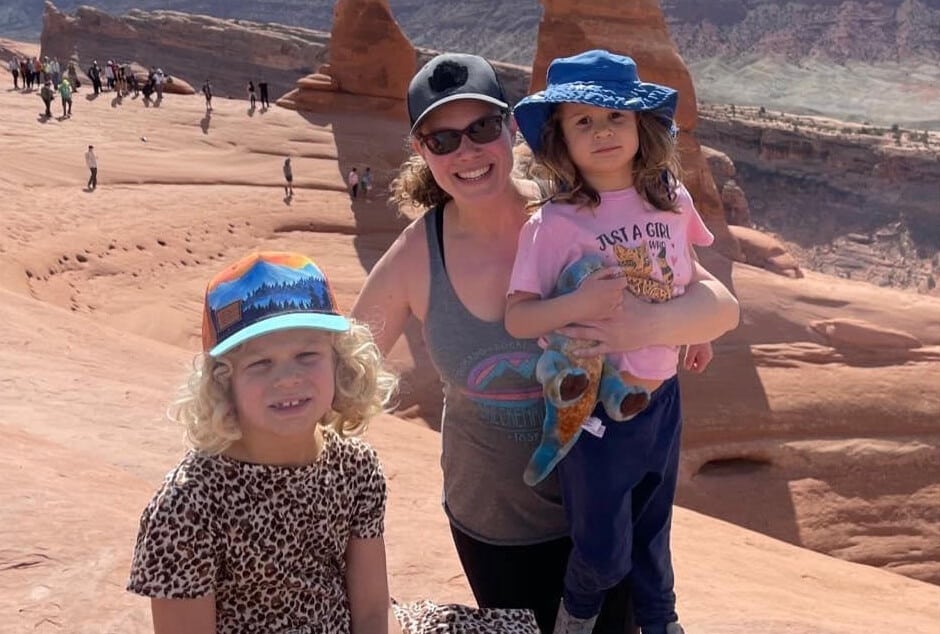
Should You Go to Couples Therapy? Why the Answer is Usually “Yes.”
Written by Erin Feher
Photography by Photographed by Maria Del Rio
Most people would agree that waiting until you’re having a heart attack to finally head into the doctor’s office for a check-up is a pretty terrible way to take care of your health. Yet many couples believe that taking a seat on a therapist’s couch is only for those with already-doomed relationships.
On the contrary, taking a proactive view of couples therapy can help ensure a long and healthy partnership by helping couples hone their communication and connection skills. Dr. Michelle Gannon, a psychologist who sees individuals and couples in her San Francisco private practice and co-leads the popular Hold Me Tight couples workshop, says that deciding to go to couple’s therapy isn’t always about addressing red flags, but working on a relationship wish list.
“Do you want to feel more accepted by your partner and have less conflict in your relationship? Would you like to feel like your partner is more accessible, responsive, and emotionally engaged? Would you like to communicate in new ways to promote better understanding, closeness, and connection? Would you like a more securely attached, positive, and loving bond with each other? If so, you would likely benefit!” says Dr. Gannon, who believes that almost all couples can benefit from couple’s therapy.
Yet, research has found that not only are people not being proactive and using therapy as a tool to maintain a strong relationship, but on average, couples wait for six years after thinking they might need help to actually go to couples therapy. One of the main reasons? Like so much a couple does, it takes two to tango, and it’s common for one partner to be especially hesitant. We asked Dr. Gannon to offer some professional advice on getting a resistant partner through the door and making the most of your sessions.
What are some of the reasons either one or both people are hesitant to seek therapy?
“It is very common for people to be hesitant to go to couples therapy, especially if they see it as a sign of weakness or indication that their relationship is highly distressed. Dr. Sue Johnson’s research on Emotionally Focused Therapy (EFT) found that couples therapy helped most couples move from disconnection to connection, distance to closeness, and create a more securely attached, close, loving bond. If someone thinks they will be blamed or criticized, of course they will be more hesitant. It needs to be safe for them to go, but really they have to just be willing to go. It is the couples workshop leader’s or couples therapist’s responsibility to make it safe and productive.”
What advice would you give someone who wants to see a couple’s therapist. but whose partner is resistant?
“I always tell people who say their partner does not want to go to a couples workshop or couples therapy that they do not have to want to go. Are they willing to go? In our experience, about half of our couple workshop participants do not want to be there! If you look at our testimonials you will see, most find the experience to be very helpful. Just ask your partner if they would be willing to go for a session or two of couples therapy or consider attending a couples workshop and then let the therapists know about their ambivalence. We really normalize that many people do not want to go, especially if they have never had experience in therapy or workshops and/or have had bad experiences in the past.”
If your partner really won’t do it, would you recommend seeing a therapist on your own? Can one person doing the work be beneficial to the relationship?
“Yes, seeing an individual therapist who focuses on the relationship can also be helpful. It takes two people to co-create a relationship, so if one person works on their side, it can also help.”
What are some common misconceptions about couples therapy?
“The most common misconception is that the couples therapist will be a mediator or judge or tell people what kind of relationship to have. Who would want that? An effective couples therapist will help both people in the relationship feel safe, heard, understood, and be able to work towards creating the kind of relationship they each long for and desire.”
For more on keeping your partnership strong, check out 10 steps for a post-baby libido boost and secrets of of happy couples.
Share this story




